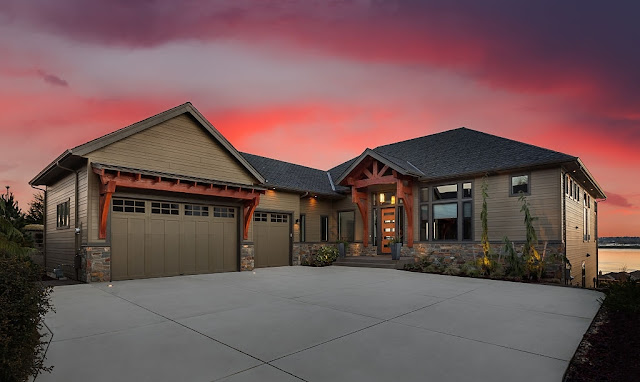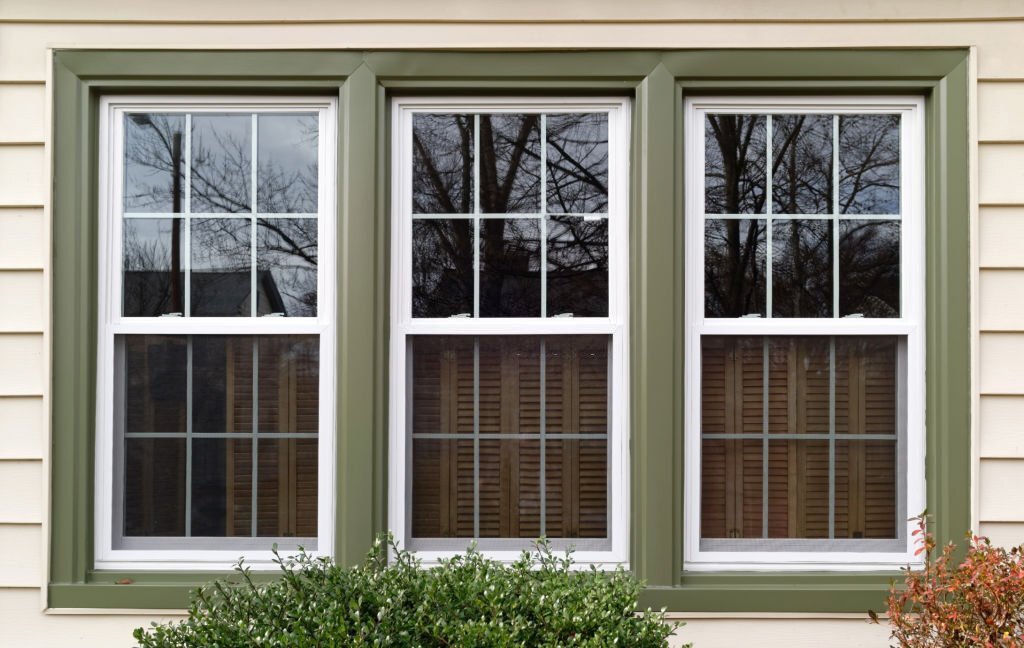Types of exterior and interior doors
Doors are one of the most important elements in a house. Not
only do they provide security to the home but they also serve to separate
rooms, provide thermal and acoustic insulation, own style, privacy and
intimacy, etc.
We can find several types of doors for a house, which can
vary depending on their location, their design or their installation.
Types of interior doors for houses
The doors of the interior of a house serve above all to
better distribute the spaces and, at the same time, function as thermal and
acoustic insulation. A closed door isolates from outside noise and prevents
heat or air conditioning from being lost in a room. At present, there are
several types of interior doors.
Folding doors
Swing doors are the most common inside a house. As their
name suggests, they open to one side, usually towards the interior of the room.
They are usually made of wood, although we can also find them made of different
materials. Its installation is very
simple, although it will be necessary to take into account the space available
so that they can be opened.
Sliding doors
Sliding doors
are the best solution for those rooms where there is no space to place a swing
door. In fact, they hardly take up space when opened. Manufactured, generally,
in wood, glass or PVC, they are usually of two types depending on the
installation process:
The main advantage of interior sliding doors is that they
save a lot of space and they can fit well anywhere in our home.
Types of exterior
doors for houses
The exterior doors
for a house are usually of the hinged type. In this case, more than aesthetics
and style, what matters is that they provide the highest possible degree of
security to the home. We must not forget that doors are the home's first
protective barrier against the outside. That is why here the classification is
carried out according to its resistance and composition.
Solid doors
The solid wood doors will provide security house, warmth and
elegance. They can be manufactured in rustic, classic and modern wood and in
various opening styles: one leaf, double leaf, leaf and lateral fixed, leaf and
two lateral fixed, etc. The wood that is usually used is pine, since it is very
easy to work and offers the best qualities for the use that is going to be
given to it. One of the great advantages of this type of door is that they have
a high level of insulation.
Metal gates
Metal doors are another of the most common types of exterior doors. Made of a very resistant material that provides a high level of security to the house, they adapt very well to any type of design and can be customized to give a more genuine touch to the exterior of the home. Generally, they are usually doors made of iron and that hardly require maintenance.
Armored doors
The armored door is a very common type of exterior door in homes. The structure is made of wood and has some iron reinforcements. Inside it has one or two iron plates. In addition, it includes sturdy cylinders and locks, but they achieve a lower degree of security compared to armored doors.
An armored door is made of steel and wooden plates. Its degree of resistance and security is higher than that of the armored door. The door lock, bolts and bolts are perfectly integrated to make the structure much more resistant, although the aesthetic component is still taken into account. In today's market there are very elegant armored doors for the home.
If you are looking to use an armored door as the main door
and you want the greatest possible security, you should know all the types of
security locks to be able to choose the one that best suits your needs.
There are different types of exterior and interior doors for a house. The most important thing
is to find an exterior door that provides maximum security to the home. For the
interior, we must pay attention to the space available to install one door or
another. Swing doors are the most common, but in case of not having enough
space, the ideal would be to place a sliding or folding door. For doors
Installation contact us through
Gmail or call us here (301) 632-6664




Comments
Post a Comment